Strasbourg blocks Afghan family expulsion to Italy
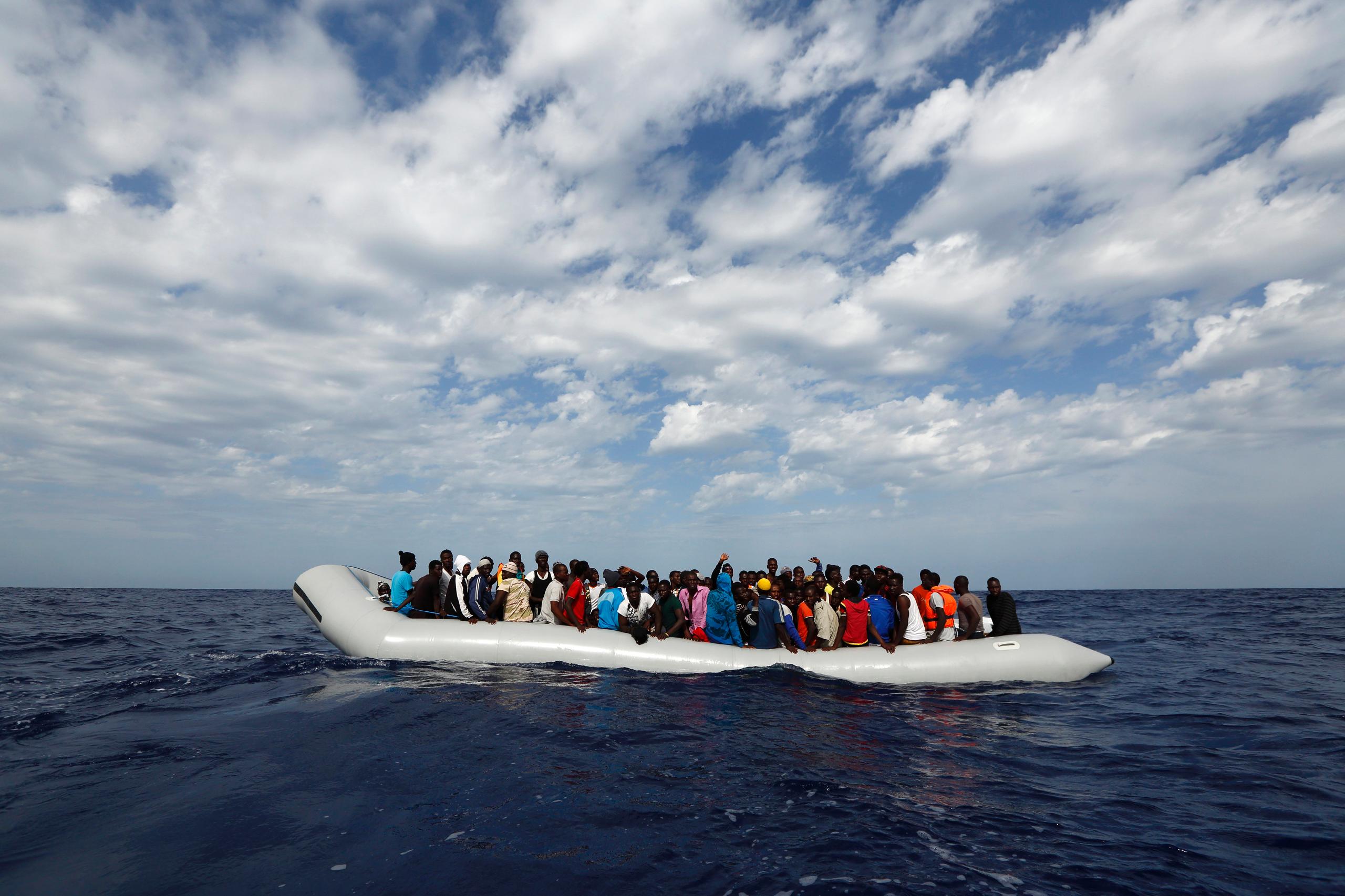
Switzerland must not send a family of Afghan asylum seekers, including six children, back to Italy without individual guarantees over their care, the European Court of Human Rights has declared.
According to Tuesday’s court ruling, Switzerland would violate Article 3 of the European Convention on Human Rights if it were to send the family back to Italy under the Dublin agreement without having first obtained individual guarantees from the Italian authorities that applicants would be properly looked after and the family kept together.
The Swiss authorities had refused to examine the asylum application of the Afghan family and decided to send them back to Italy. The family had arrived on the Italian Calabrian coast by boat on July 2011 before travelling to Austria, where their application was rejected, and later to Switzerland where they filed a request in November 2011. They currently live in Lausanne.
The family appealed against the asylum rejection by the Swiss authorities with help from the Protestant Swiss Church Aid (EPER) organisationExternal link. The European Court issued a ruling to suspend the Swiss expulsion order.
Europe’s top human rights court External linkfound that the Swiss authorities did not possess sufficient assurances that, if returned to Italy, the applicants would be taken charge of in a manner adapted to the age of the children. The court ruling had been influenced by the current situation of the reception system in Italy and the absence of detailed and reliable information concerning the specific facility the family would be sent to.
It stated: “The possibility that a significant number of asylum seekers removed to that country might be left without accommodation or might be accommodated in overcrowded facilities, in insalubrious and violent conditions, was not unfounded. The Swiss authorities were obliged to obtain assurances from their Italian counterparts that on their arrival in Italy the applicants would be received in facilities and in conditions adapted to the age of the children, and that the family would be kept together.”
The court stressed that, as a “particularly underprivileged and vulnerable” population group, asylum seekers required “special protection” under Article 3 of the European Convention on Human Rights. This requirement of “special protection” of asylum seekers was particularly important when the persons concerned were children, even when they were accompanied by their parents.
The Dublin agreement, which Switzerland joined in 2008, stipulates that the country where a person first applies for asylum is responsible for that individual’s asylum process. Asylum seekers who travel to another country and reapply for asylum are sent back to the country where they first applied.
EPER welcomed the court’s decision, which it said was “favourable to vulnerable people” while the Federal Justice Office said the verdict marked a “turning point”. In the past, the court rejected similar requests.

In compliance with the JTI standards
More: SWI swissinfo.ch certified by the Journalism Trust Initiative
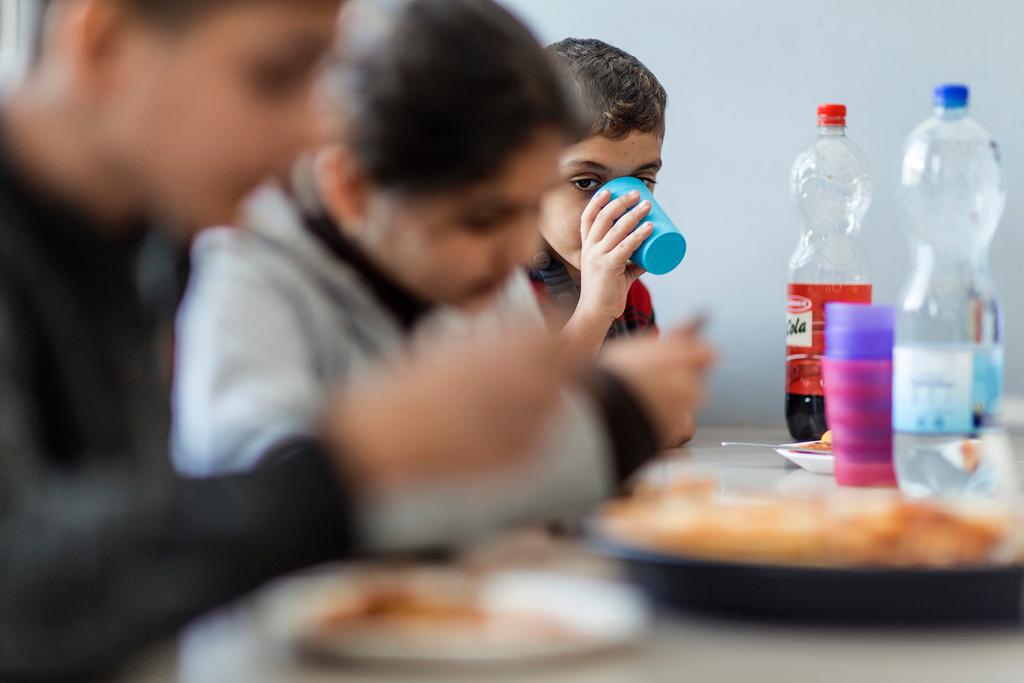
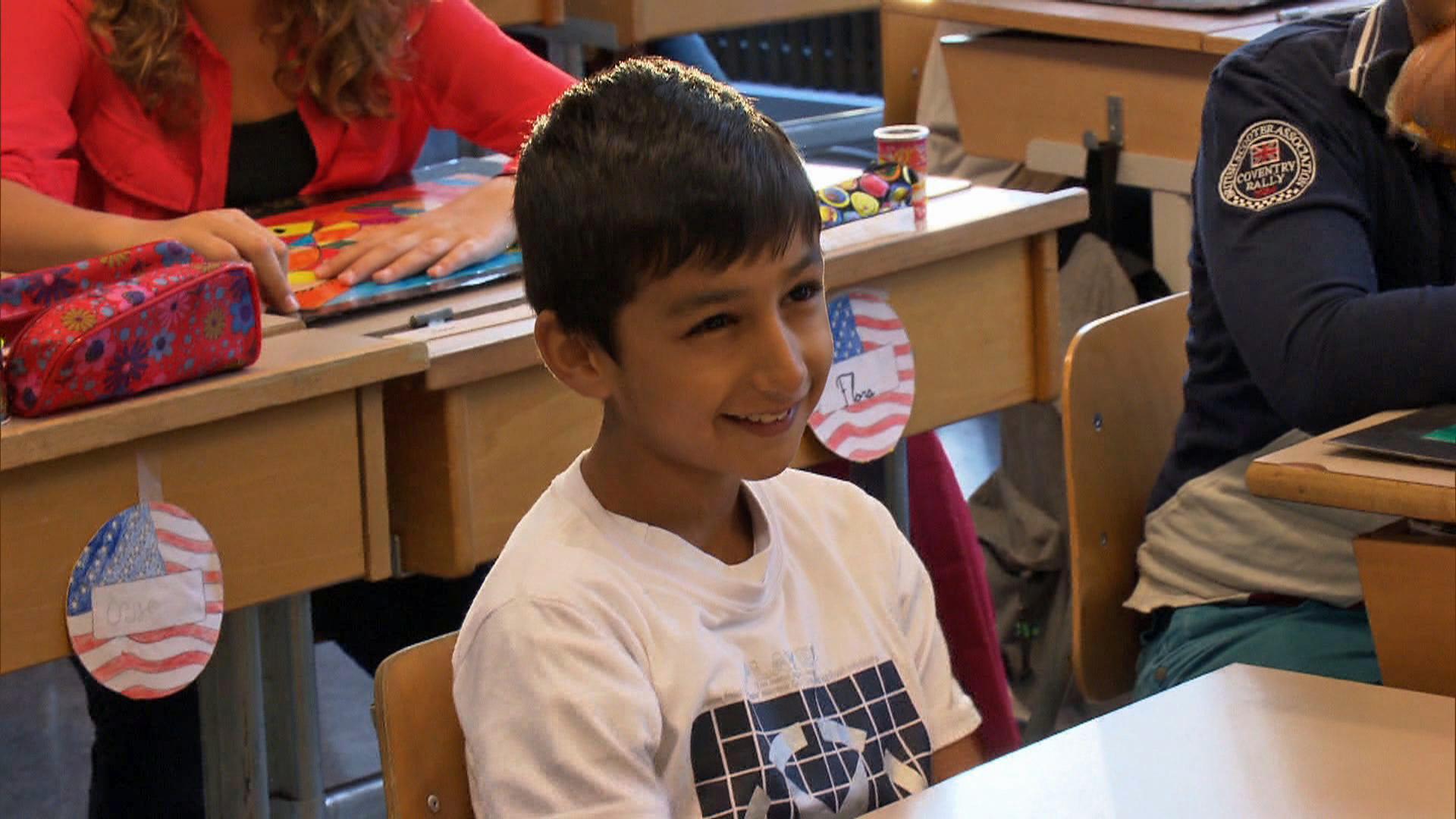
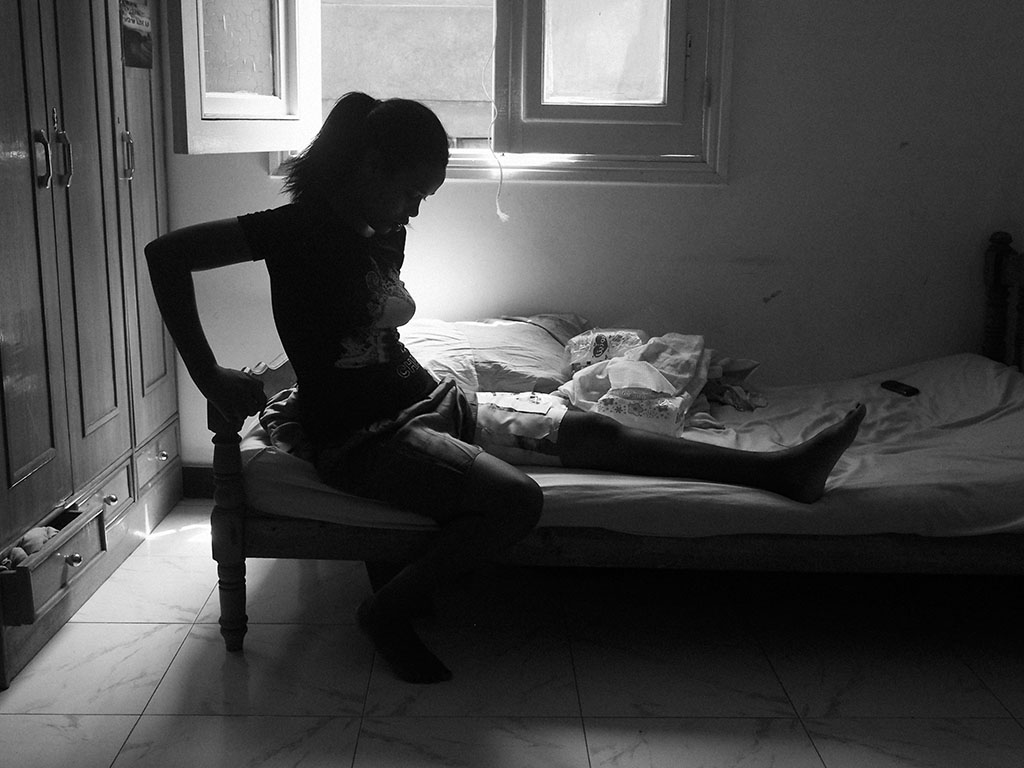
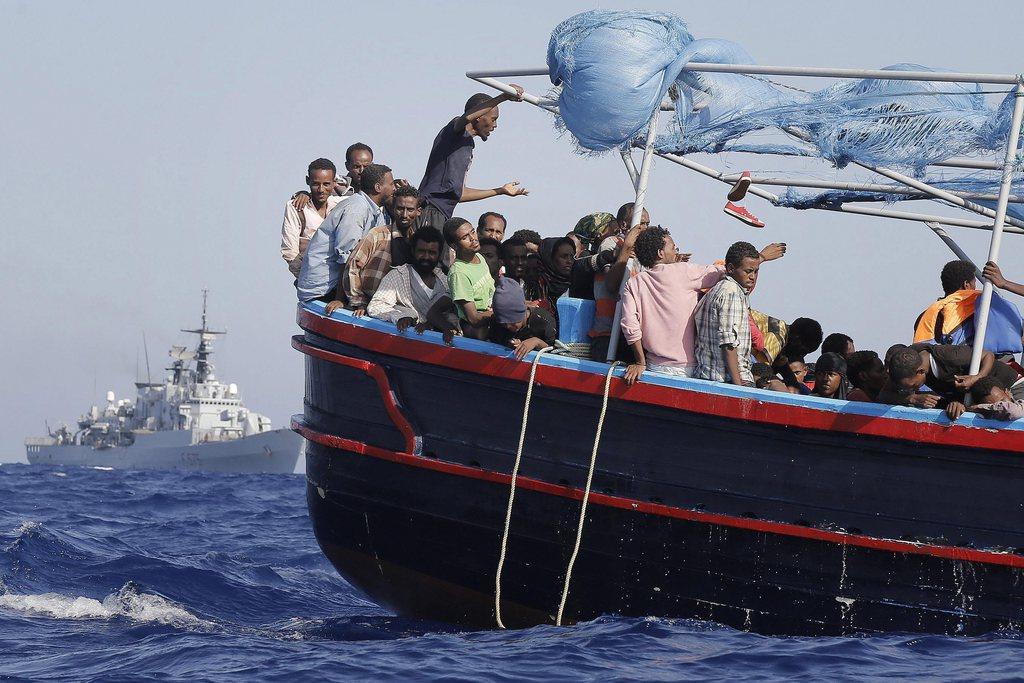
You can find an overview of ongoing debates with our journalists here . Please join us!
If you want to start a conversation about a topic raised in this article or want to report factual errors, email us at english@swissinfo.ch.